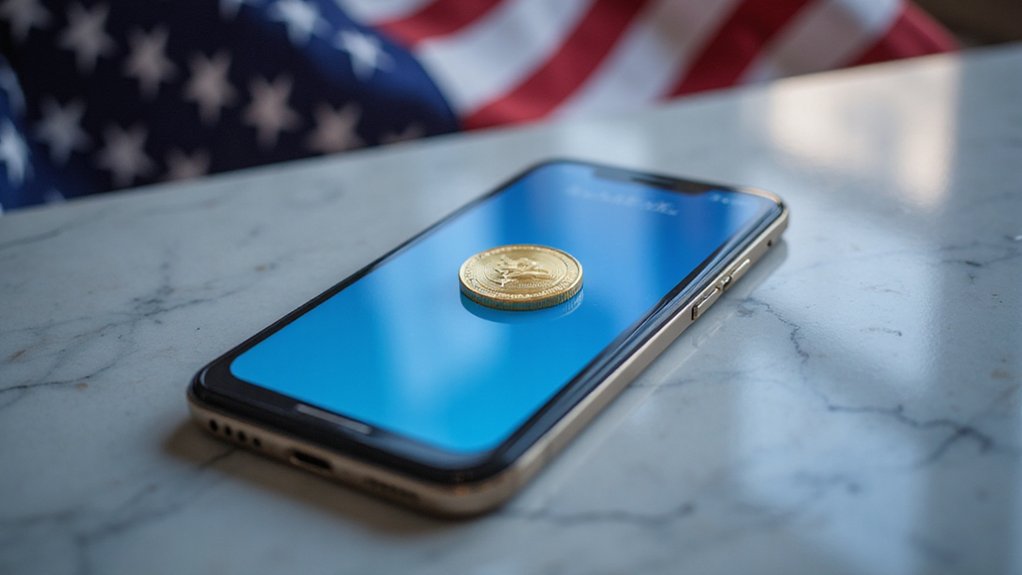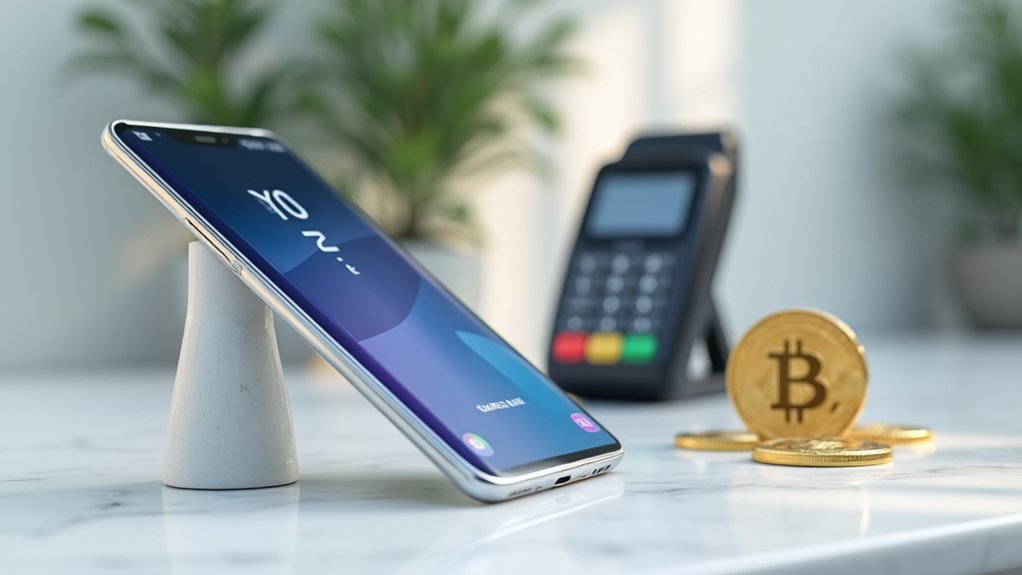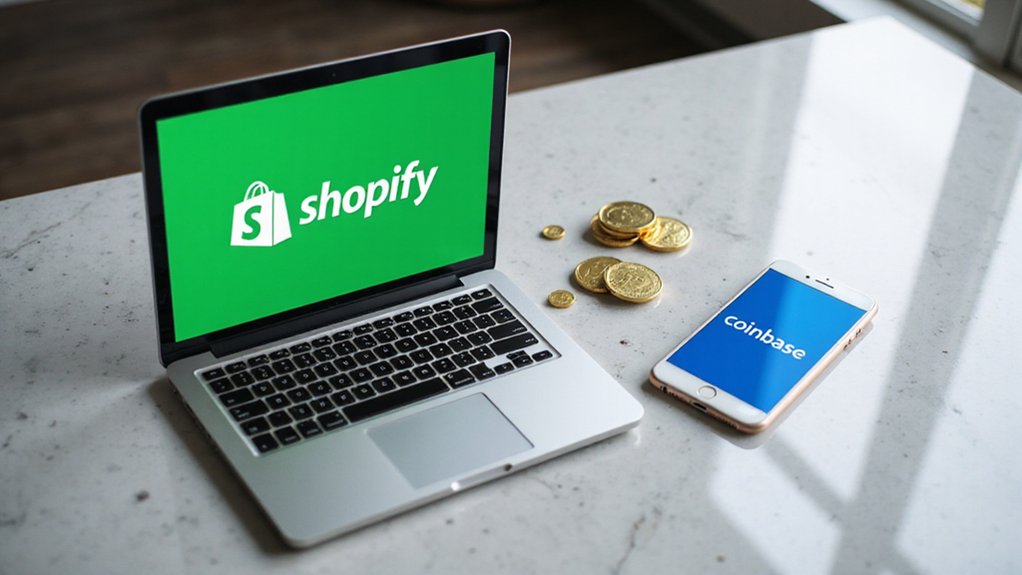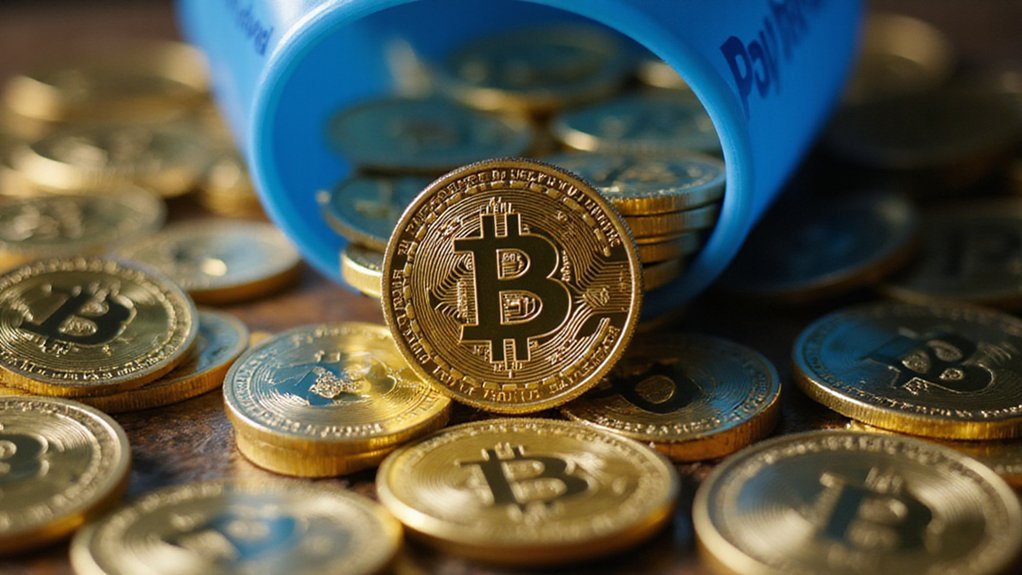In a move that would have seemed fantastical during the early days of Bitcoin‘s evangelical fervor, Telegram has quietly embedded a native cryptocurrency wallet directly into its messaging platform—transforming the mundane act of texting into a potential gateway for digital asset transactions.
The integration, which rolled out to U.S. users in July 2025, represents the first major American messaging platform to embrace such functionality. Users can now send Bitcoin, Toncoin, Tether, and even NFTs through Telegram’s interface with the same casual ease typically reserved for sharing memes or coordinating dinner plans. The wallet leverages the Telegram Open Network (TON) blockchain, creating what amounts to a decentralized payments infrastructure disguised as everyday conversation.
Perhaps most remarkably, Telegram has opted for a self-custody model—meaning users retain control of their private keys rather than surrendering them to corporate oversight. This decision, while philosophically aligned with cryptocurrency’s libertarian origins, places the burden of security squarely on individuals who may struggle to remember their Netflix passwords, let alone safeguard cryptographic seed phrases that control actual money.
Telegram trusts users with their own private keys—a bold gamble on personal responsibility in an age of forgotten passwords.
The platform supports a modest but strategically chosen array of assets: Bitcoin (the digital gold standard), Toncoin (their native token), Tether (the controversial but ubiquitous stablecoin), Notcoin, and various NFTs. Users can store, transfer, and convert these assets without departing Telegram’s ecosystem, thanks to integrated trading functionality through Omniston and Ston.fi partnerships. Unlike traditional applications, this integration operates through smart contracts that enable self-executing transactions without requiring traditional banking intermediaries.
Telegram’s fee structure reveals calculated restraint: peer-to-peer transfers remain commission-free, while P2P trading incurs a reasonable 0.9% seller fee. Tether purchases through Apple Pay carry zero fees—a loss-leader strategy that suggests confidence in eventual monetization through volume rather than margin extraction.
The accessibility factor cannot be understated. By eliminating the traditional friction of exchange registrations, wallet downloads, and Byzantine user interfaces, Telegram has potentially democratized cryptocurrency access for its massive user base. The platform’s emphasis on maintaining user privacy during transactions further distinguishes it from traditional financial services that typically require extensive identity verification and monitoring.
Whether this represents genuine financial innovation or merely another speculative bubble wrapped in user-friendly packaging remains to be seen. What’s certain is that millions of Americans can now accidentally become cryptocurrency traders while attempting to split a restaurant bill.









